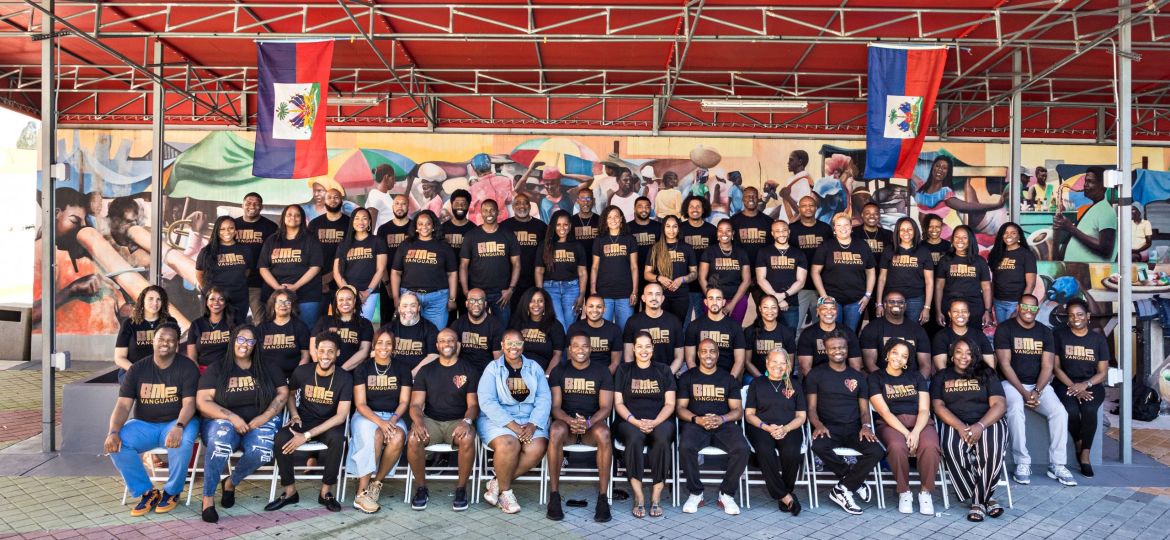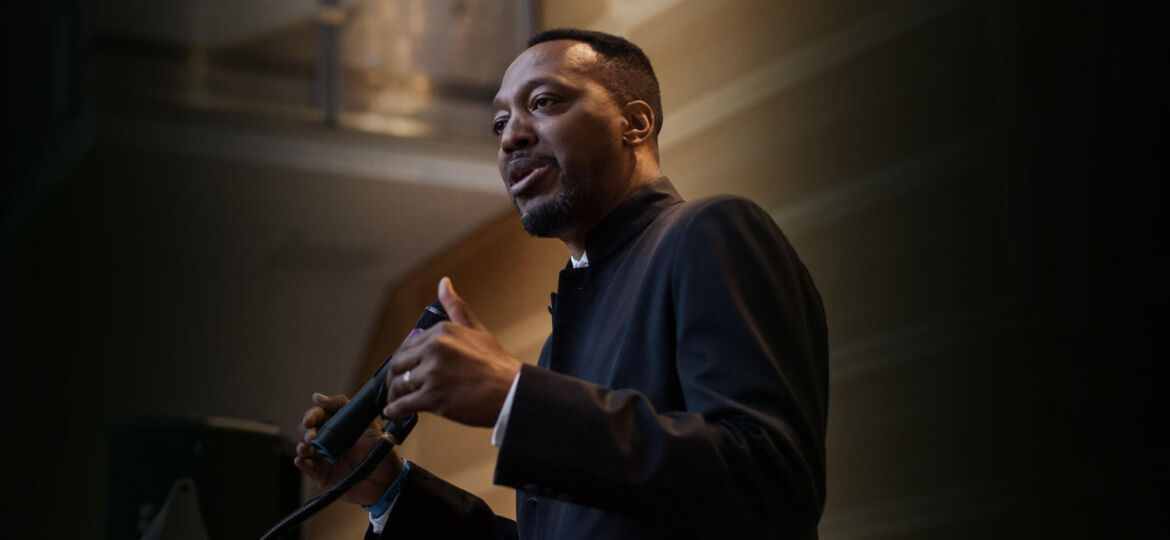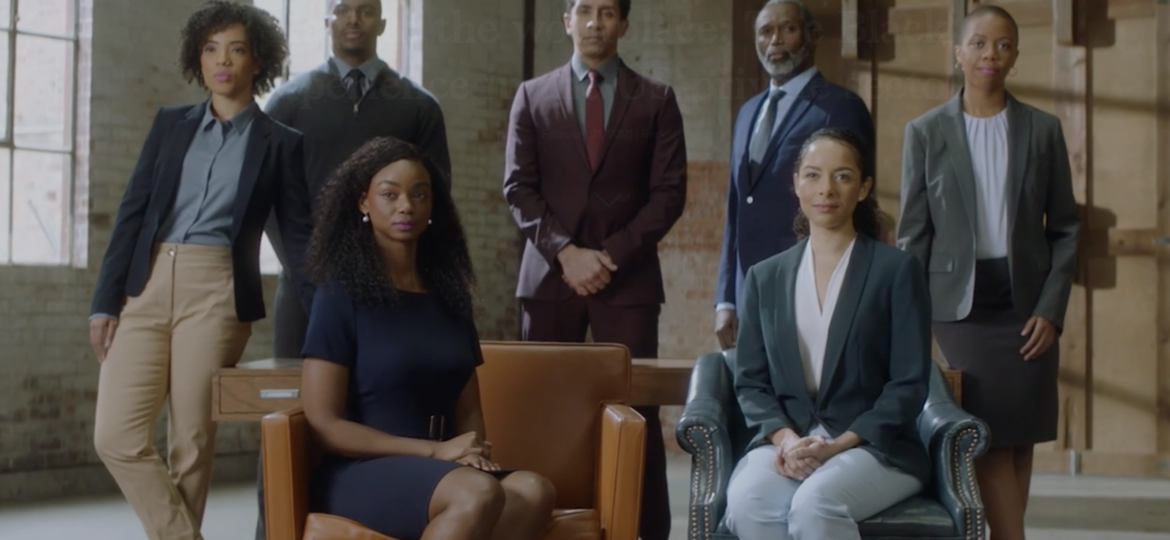“Worse, negativity backfires. It reinforces stigma and stereotypes. We unintentionally prolong that which we aspire to change,” Stephanie Hightower
Stephanie Hightower is president and CEO of the Columbus Urban League. The former Ohio State University hurdler and four-time U.S. champion qualified for the 1980 Moscow Olympics, but was prevented from completing due to a U.S. boycott.
Glass half-empty or glass half-full?
It is a time-honored tradition that nonprofits and government entities exist to solve collective problems.
We build a case for support by presenting challenging, difficult facts about the world around us:
- Nearly half of Black children live in poverty.
- Black women earn the least per hour for their hard work, an average of 64% of what a white male is paid.
These sad, sobering truth rightfully motivate us to act. But, as explained by expert and thought leader Trabian Shorters, negative facts should not guide our initiatives to achieve social justice and racial equity. Focusing on what is wrong does not necessarily lead us to what’s right.
Worse, negativity backfires. It reinforces stigma and stereotypes. We unintentionally prolong that which we aspire to change.

Shorters argues that we should instead count our assets. What strengths already exist? What policies demonstrably work? How can we capitalize upon these positive realities and overcome obstacles? The best solutions lie in celebrating and enhancing people’s gifts and aspirations, so they achieve their full potential.
Wow.
You may be shaking your head right now. That certainly was my reaction the first time I heard Shorters speak at a Columbus Foundation event last year.
He challenged me to reexamine foundational practices and concepts. I walked away committed to reframing my own perceptions and ideas, as well as the operating principles of our organization.
We have since exposed his practice to key managers and leaders at your Columbus Urban League, in addition to co-hosting a community briefing with the Equity Now Coalition.

Living out an asset-framing approach calls for everyone to buy in and step up. We should seek new ways of thinking and acting, not just by nonprofit and governmental leaders, but also by researchers, news reporters and charitable funders.
In fact, all of us play a role in this culture-shift because of the instinctual way we interpret the world.

Shorters explains our mindset issues by revisiting the Nobel prize-winning work ofpsychology professor Daniel Kahneman. A holdover from our earliest years as homo sapiens is the “fight or flight” rapid reactions processed by the lower brain or amygdala. Our brains immediately heed and better remember negatives more than positives. It is how we survived when still in a hostile eat or be eaten world.
in his book “Thinking Fast and Slow,” Kahneman writes that “Emotionally loaded words quickly attract attention, and bad words, (war, crime) attract attention faster than do happy words, (peace, love).”
He further quotes researchers who demonstrated that bad carries more impact in our brain than good: “Bad impressions and stereotypes are quicker to form and more resistant to disconfirmation than good ones.”
This leads to the even more destructive result of myopic problem-driven thinking — reinforcing negative stereotypes.
All of the attention to the data and stories of racial inequities can unintentionally feed inherent biases and the wrong belief that Black people are defined by those issues. Let’s be clear. We may experience these things, but we are not these things.

Shorters uses several great examples of positive trends that bust racial stereotypes: Black women now represent the fastest growing segment of entrepreneurs in America. These women business-starters demonstrate intelligence, ingenuity, creativity and a willingness to take risks and pursue the ultimate American dream.
Our team has been embracing Black-owned businesses for years, so we approach this strength with experience and authenticity. With seed funding from Goldman Sachs and now a next level $3 million investment by JP Morgan Chase, we will work closely with blossoming Black women and urban entrepreneurs to connect them to financing, managing, and all the resources needed to launch and grow a business.
Another example: the disproportionate number of Black men who serve in the U.S. armed forces.
As a daughter of an Army sergeant, I am proud to report that Black men respond affirmatively to the call to protect and serve us. This, too, represents a strength that should be understood, respected, and valued.
It also means that we need programs that ensure these veterans return to community and find the resources to transition into productive, successful citizens and fathers.
Columbus Urban League has uniquely supported fathers for more than a decade and we offer an array of training and wealth-building options that can give returning vets critical resources for success.
Can we make this shift?
Are we willing to revisit our thinking individually and across systems and disciplines? Will we develop our own local database that captures the strengths of all our communities? Will we fund programs that realize aspirations rather than solve problems? These questions extend far beyond Columbus Urban League’s doors on Mount Vernon Avenue.
I welcome that conversation.
Stephanie Hightower is president and CEO of the Columbus Urban League. The former Ohio State University hurdler and four-time U.S. champion qualified for the 1980 Moscow Olympics, but was prevented from completing due to a U.S. boycott.




